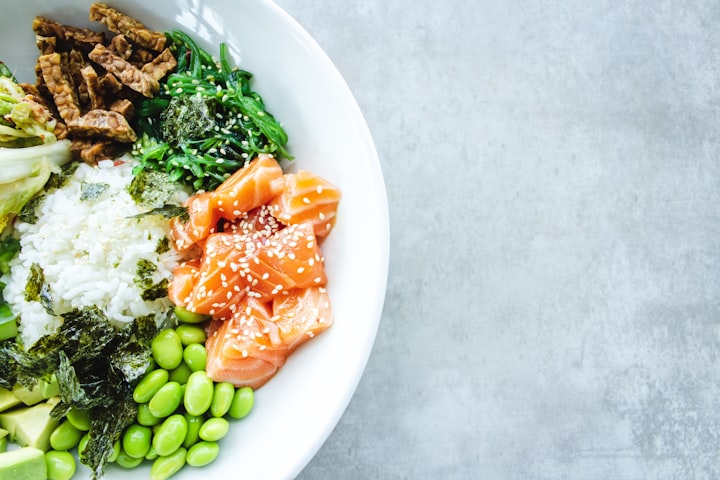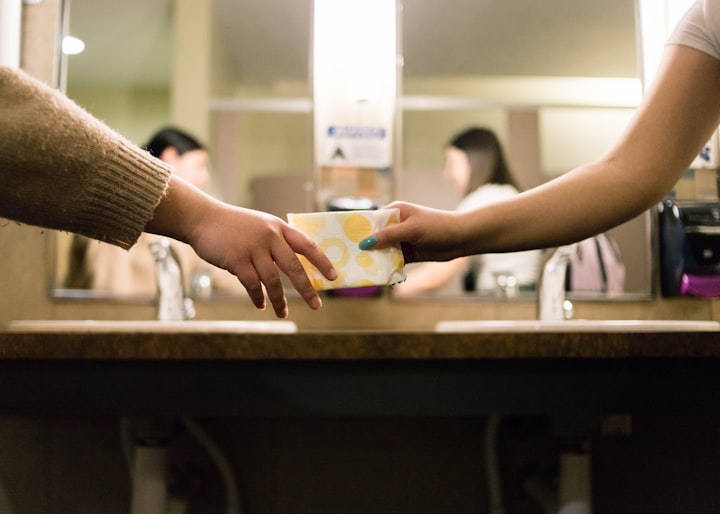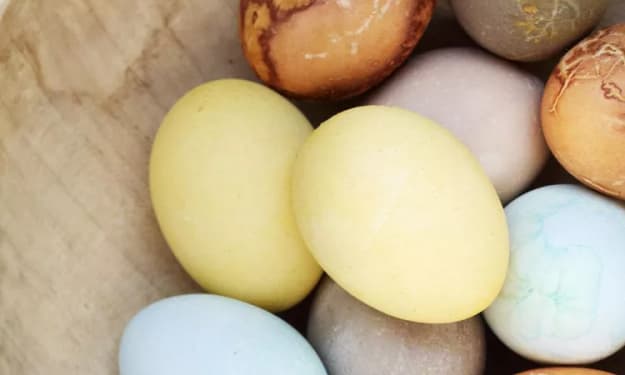Humans, Community & Dieting
An opinion piece on an unspoken trifecta

You’re not going to believe the quote I pulled from the first piece of truly smut reading I ever got into:
“Being human is the most pain and punishment a soul will ever endure. The rest… the rest is much better.”
(Right?!)
I work with lots of folks in rebuilding healthy relationships with food and their bodies, especially if there’s a history of chronic dieting. They feel so stuck and don’t know where to turn because all they’ve known is counting calories, burning calories and feeling guilty about calories. Not to mention the billion dollar industry that puts them in that position.
A conversation I’ve been having with my patients lately seems to be this realization and understanding of why we turn to dieting. Can you believe that it might be because we’re… human?
Humans are inherently social creatures – we crave connection and acceptance. Much like other species, we thrive in communities of like-minded people who can provide mutual aid across the lifespan. Humans want to feel safe, welcomed and respected in their relationships, workspaces and daily activities. We would do anything to get connected.
Now here’s the kicker: getting connected to other humans can be incredibly painful. If you’ve ever auditioned for a play, submitted a resume to a job you really wanted, applied to school, or tried to introduce yourself to others, I’m sure you’re very familiar with what I mean. When humans try to connect, we run the risk of being disrespected, shamed, or of feeling embarrassed and unwelcome. Hell, depending on the identities we hold, we might risk real physical violence in connecting to others. Becoming part of a larger community (outside of whatever family unit we have for ourselves) can be absolutely awful. Humans don’t like to feel uncomfortable stuff, and so it would make sense that we would do absolutely anything to get through that sensation quickly or to skip it altogether.
Dieting, unfortunately, fills this gap easily (and well).
Dieting creates communities for us, and of like-minded people. Think about all of the “accountability” groups available on the Internet, the private message threads some coaches offer to their clients, the programs and meetings fad diets offer to the public. We spend our time having exactly the same things to talk about with others – how many pounds are we down? What trip or holiday or outfit are we directing our efforts towards? Have we been good or bad?
We don’t have to risk embarrassment in these communities because everyone is there in approximately the same mindset. We don’t have to find topics to chat about because they’re given to us.
Dieting also numbs us from the pain of being disconnected from others. When we’re hungry and overtired, we don’t exactly have the brain space to consider our relationships and our work performance. If anything, when we’re dieting, we don’t have to think about anything else other than dieting. It takes up all of the available space in our minds until we’re reading food labels in our sleep and avoiding social gatherings to stay at the gym longer.
While dieting definitely fills some of the community gaps, the diet-wellness industry complex certainly didn’t develop it that way. It doesn’t care if you feel welcomed in a church basement for a weigh-in, or whether you’re no longer sad about feeling left out of gatherings. It just wants your money. And it gets a lot of it – it’s estimated the diet-wellness industry complex makes 72 billion + dollars every year.
I wish I had the answers to this discussion. I live in a privileged body, with intersections of identity that put me at little to no risk of discrimination when it comes to dieting. And I’m a registered practitioner in the field of nutrition to boot. It’s critical that we get the guidance and knowledge of what to do here from those with lived experience, and those of them doing the frontline work in fat activism and liberation.
I think privileged providers absolutely need to get involved with frontline work in fat activism, but they need to do it under the guidance of those who have lived it – not just the papers they read.
I want to end this post off with more of a question, as I certainly don’t have anything creative or noteworthy to add to this other than my thoughts above: how has dieting played a role in your humanity?
About the Creator
Emily the Period RD
I help people with periods navigate menstrual health education & wellness with a healthy serving of sass (and not an ounce of nutrition pseudoscience).






Comments
There are no comments for this story
Be the first to respond and start the conversation.